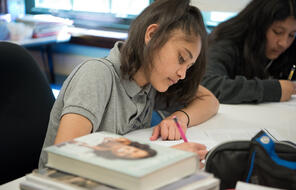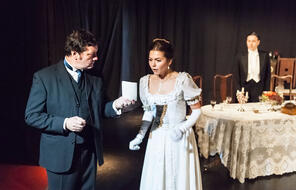Resource Library
Find compelling classroom resources, learn new teaching methods, meet standards, and make a difference in the lives of your students.
We are grateful to The Hammer Family Foundation for supporting the development of our on-demand learning and teaching resources.

Introducing Our US History Curriculum Collection
Draw from this flexible curriculum collection as you plan any middle or high school US history course. Featuring units, C3-style inquiries, and case studies, the collection will help you explore themes of democracy and freedom with your students throughout the year.
3282 Results
Social Systems and Individual Agency
Students identify the parts, people, and interactions of various social systems, thinking about what bearing they have on character choices and behaviour, before considering responses to injustice.
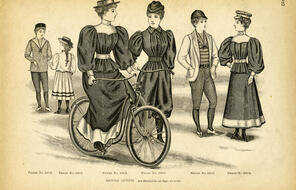
Theatre as a Call to Action
Students consider theatre as a call to action, discussing its power and limitations to spark real social change, before plotting their own play inspired by An Inspector Calls.
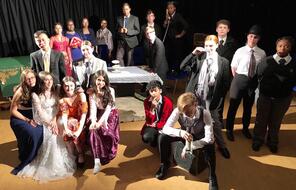
The Treatment of Edwardian Women
Students examine various resources, including excerpts from Emmeline Pankhurt’s ‘Freedom or Death’ speech, to gain an understanding of how women were treated and expected to behave in Edwardian society.
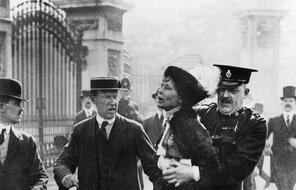
Backlash and the KKK
Students learn about the violent responses to the transformation of US democracy that occurred as a result of Radical Reconstruction.
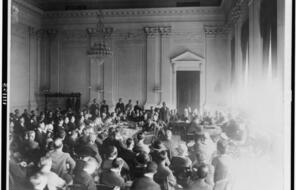
Understanding Universe of Obligation
Students are introduced to the concept of "universe of obligation" and prompted to illustrate circle of individuals who they feel a responsibility to care for and protect.
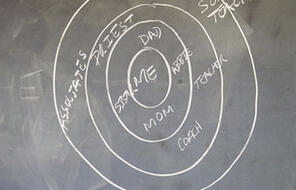
Shifting Public Opinion
Students examine the factors that led many northerners to turn against federal policies passed during the Reconstruction era that protected freedpeople.
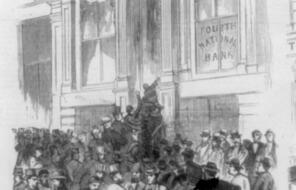
Understanding Class
Students explore class, status, etiquette and hierarchy to deepen their knowledge of the social expectations and values which guide the world in which the characters live.
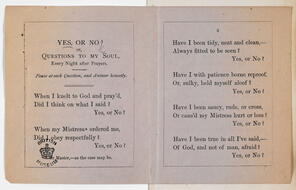
Understanding Mr Birling
Students study the character of Mr Birling, critically assessing Priestley’s presentation of him, before using the character to reflect on how identity can influence people's views and behaviour.
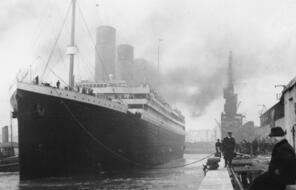
Understanding Mrs Birling
Students consider what factors impacted Mrs Birling’s treatment of Eva Smith, and create a universe of obligation graphic representation for her character.
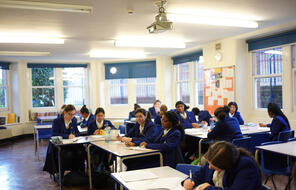
Reflecting on the Danger of Silence
Students use Clint Smith’s talk “The Danger of Silence” to create “blackout poems” that express their ideas for how they can use their voices to empower themselves and others.
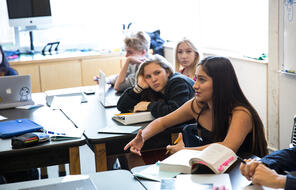
Introducing Evidence Logs
In step 2 of the unit assessment, students start to gather evidence from historical sources that supports or challenges their initial thinking about the writing prompt.
